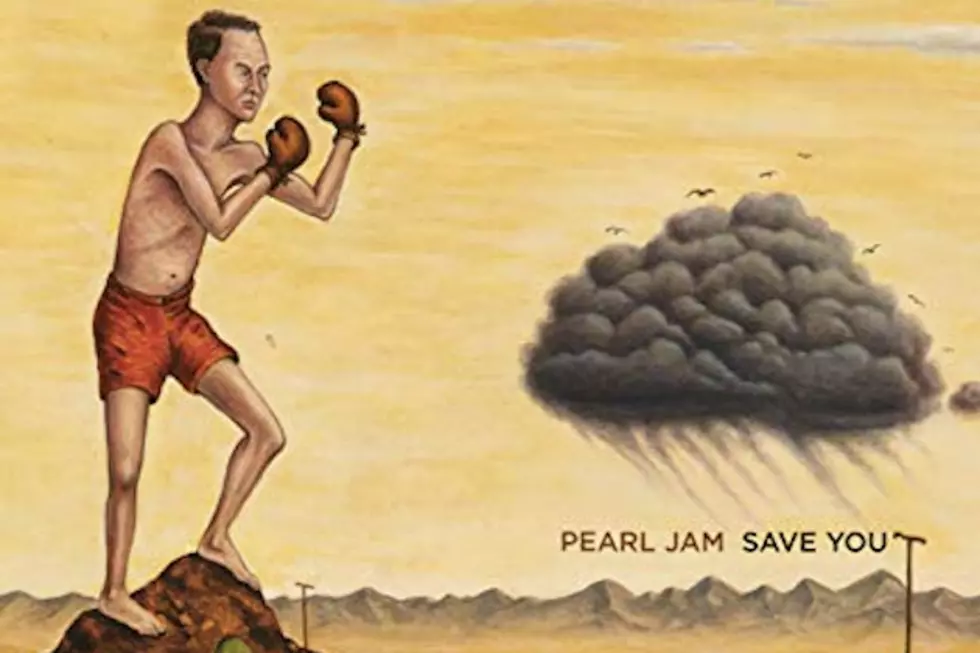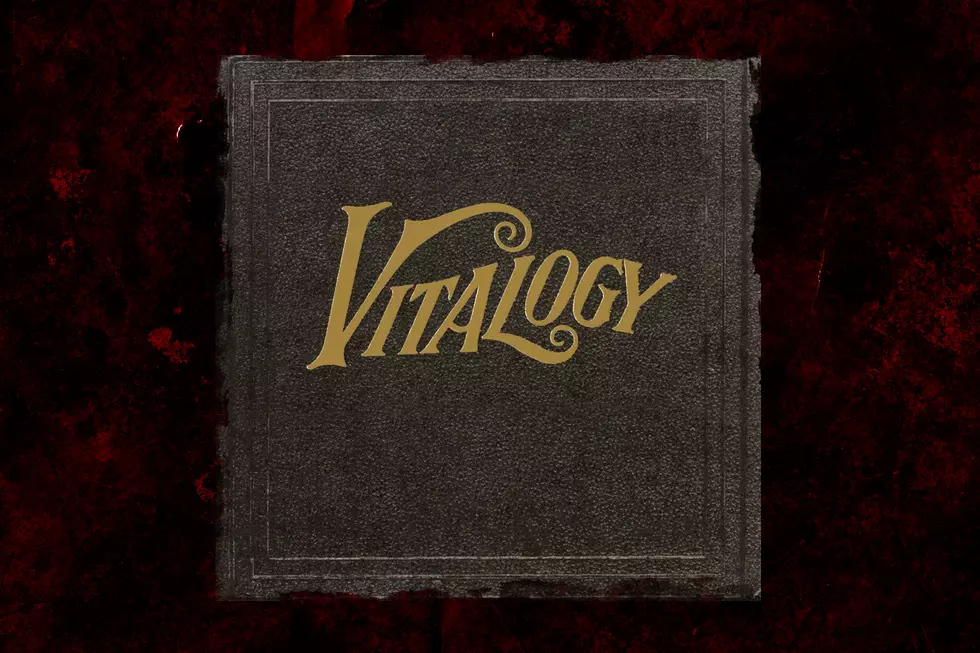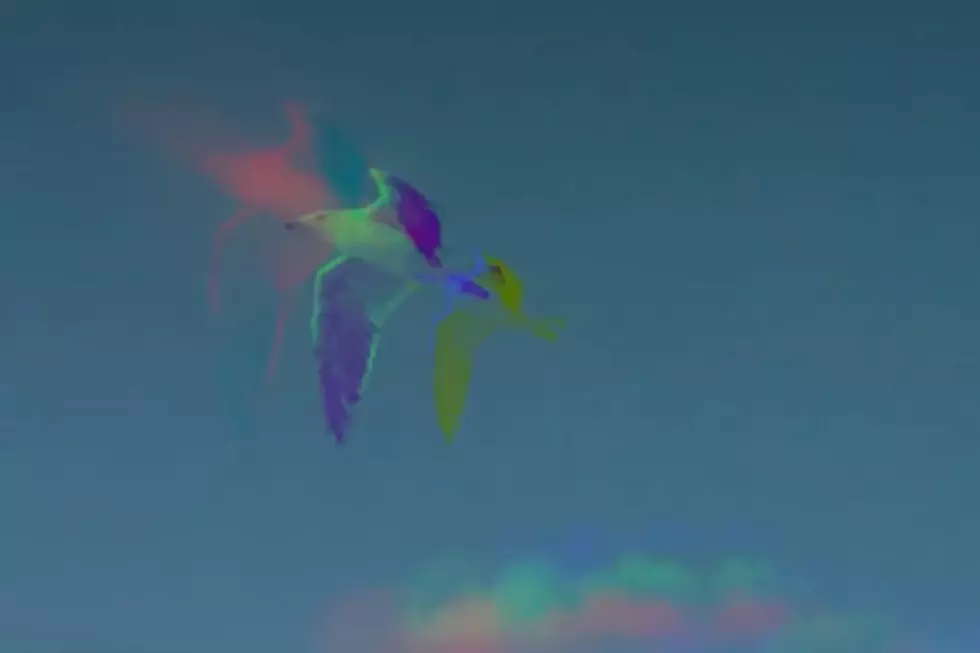
Pearl Jam Funnel Tragedy, Friendship Into ‘Love Boat Captain’
"Love Boat Captain," the centerpiece of Pearl Jam' s seventh LP, 2002's Riot Act, was fueled by emotional extremes: an unthinkable concert tragedy and a creative spark that expanded the band's lineup.
The cathartic, compact cut originated from a jam between Eddie Vedder and keyboardist Kenneth "Boom" Gaspar after the pair met in the beachside town of Kailua, Hawaii. Vedder, who frequented the idyllic locale as a surfing spot, struck up a friendship — and instant chemistry — with the local journeyman musician.
"I had a little recording setup for when I wanted to get away and do some writing," he told Billboard. "He just showed up, and we started playing. That night we wrote what turned into 'Love Boat Captain.' Within an hour, we had this thing we put on the stereo and played it loud. It was probably about an 11-minute version at that point."
Buzzing from the excitement of their collaboration, Vedder reportedly asked his future bandmate, “Are you ready to go to Seattle?” Gaspar wound up joining Pearl Jam as a session/touring member, and his keyboards offered a new sonic texture for a guitar-heavy band eager to experiment. "Love Boat Captain," Riot Act's third track and fourth official single, is anchored by his Hammond B-3 organ, which builds from a simmering purr to a blaring chorus swirl.
The dynamic arrangement showcases each member, particularly Matt Cameron's nimble drumming and Mike McCready's psychedelic guitar solo. But the piece didn't fully coalesce, as Cameron argued, until Vedder added his magic.
"There weren't any lyrics when we tracked it, so we did what we thought would be a good, tight instrumental version that would later have vocals on it," he told Billboard. "When we tracked it, I was like, "Huh? What's this?" It made no sense to me. But then when the vocals were added, it made perfect sense and it elevated the entire piece."
The frontman wrote his lyrics after attending a funeral — and the results, fittingly, tap into national mourning (given the recency of the September 11 attacks) and the grief Pearl Jam experienced after their 2000 concert at Denmark's Roskilde Festival, where nine people were killed in the chaos of fans rushing to the stage. "Lost nine friends we'll never know, two years ago today," Eddie Vedder sings. "And if our lives become too long, would it add to our regret?"
But as the title implies, the philosophical song is ultimately about love — both the healing it offers and the pain its absence brings. It even quotes the Beatles' "All You Need Is Love."
Those themes resonate each time the band unearths "Love Boat Captain" onstage, allowing Vedder to update the message and address relevant social issues. In a 2015 show in Brazil, he dedicated the track to the victims of the Paris terrorist attacks, changing the lyric "lost nine friends we'll never know" to "lost 90 friends we'll never know" — a reference to those slain at the Eagles of Death Metal show. Three years later in London, protesting the immigration policy of child-parent separation at the U.S./Mexico border, he dedicated the tune to President Trump. “I would like him to hear it, but he doesn’t listen to music or read books," he said. "Could someone tweet this to him or something?"
The hopeful image of a "Love Boat Captain" could feel clichéd if Vedder didn't deliver it with such naked emotion. "It feels a little strange talking about love that openly," he told the Chicago Tribune. "But if you can't do it now, when can you do it?"
A Complete Guide to Pearl Jam Lineup Changes
More From Ultimate Pearl Jam









